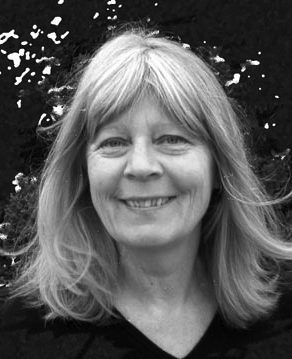THE GREEN PRINCE (Jul 24, 2014 at the Castro Theatre)
A daring choice to open the San Francisco Jewish Film Festival with a documentary film (produced mostly in Germany) about Hamas & Israel who are involved right now in another deadly war that does not seem to have an end insight. For more than 10 years Mosab Hassan Yousef , son of one of the founders of Hamas, is lured into spying on his father by Gonen Ben Yitzhak, a shrewd “handler” of the Israeli secret service. Mosab was 17 years old, loved his father, hated Israel, was arrested for an illegal weapon’s deal and ended up in the prison his father knew too well. And then something happened, Mosab was turned around to spy on his father. This crucial moment in his life unfortunately gets lost in the film. Yes, he was tortured by the Israelis, yes, he was faced with death and saw that Hamas was doing the same, ordered by his father. But something else must have happened. We can only guess. Years later when Mosab is a US citizen and Gonen, who was fired by the secret service for becoming to close to his “source” and is now enjoying family life as a lawyer in Israel, Mosab decides to go public and writes a book about those years, the basis for the film. Director Nadav Schirman turned the book into a thriller, at least for the second half of the film when the story of the two talking heads becomes more and more dangerously entangled. I wondered how will they ever find a way out of this tangle of competing concerns, of hunting and being hunted without getting killed. We know they will survive because they are talking to us, straight into the camera, no ahh, hmm, aee, well… very fluently told as if their lines were well rehearsed or they simply are talented speakers. Shown as headshots in the same position throughout the film they are set up as being interrogated with sharp angled light casting shadows like in Dr. Caligari. “Handler” and “source” not only survive but showed up for Q&A at the Castro for another suspenseful performance. What kind of person is this Mosab, I thought, he betrayed his father, his family, spent crucial years of his life being his father’s right hand and revealing the secrets to his deadliest enemy. A life of hiding, lying, mistrusting, living with death. The father broke with his son, of course, but Gonen and Israel seem to have replaced what Mosab lost. Hmm, really? What exactly did he loose? On the stage of the Castro Theatre Mosab came across as an articulate, experienced speaker who took over the Q&A and only answered the questions he wanted. Had Jesus anything to do with his quest for peace that supposedly motivated his spying for Israel? He didn’t answer. Has he perhaps turned from Christianity (documented in the film) to Buddhism, I wondered. When he walked down the aisle to the Castro stage, slim, trim, in t-shirt and jeans, so different from the chubby, mute informer we had just seen in archival footage, he greeted the enthusiastic crowd with palms pressed together. He is not following any religion, he said, although it would make sense. To find a human being that will ever trust him again might be difficult, but Jesus and Buddha will.
What the audiences wanted to hear in these desperate times the film, as well as Mosab and Gonen delivered: the impossible became possible – the son of Hamas loves Israel and Israel loves him; Mosab and Gonen became closest friends; Gonen is now a happy father of three and Mosab found freedom in the US. That deserved a standing ovation.




